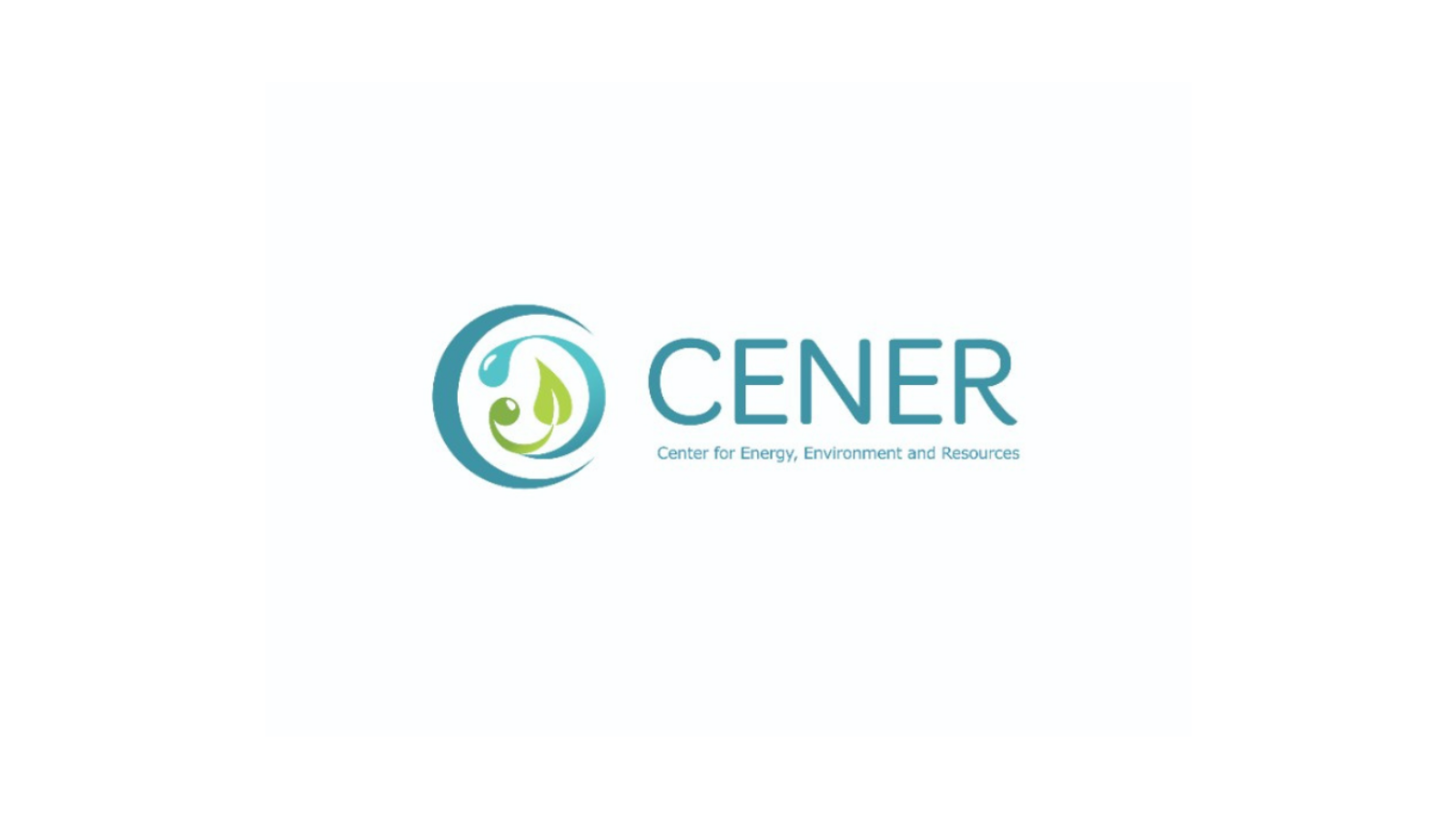Summary of the project implemented by Center for Energy, Environment and Resources (CENER 21)
This project aims to strengthen CSOs’ capacity in advocacy actions to mitigate climate change impacts on human security. Focusing on Urban Heat Island (UHI) effects, the project seeks to increase knowledge about UHIs’ influence on human security, educate local communities and decision-makers, and raise awareness about the importance of proper urban planning and green spaces. Through research and data collection, the project will provide evidence-based insights into the consequences of climate change on human health, safety, and the environment in Bosnia and Herzegovina.
Project goals
General goal:
- Strengthen the capacity of civil society organizations (CSOs) in advocacy actions to reduce the impact of climate change on human security.
Specific goals:
- Increase the level of knowledge about the impact of Urban Heat Island (UHI) effect on human security.
- Educate local communities and decision-makers about the impact of climate change on human security.
Beneficiaries
Those who will benefit from the project include local residents, children, low-income populations, and outdoor workers, particularly those with certain medical conditions, as they are directly affected by the impacts of Urban Heat Islands. Additionally, decision-makers responsible for setting policies, healthcare providers needing to understand the effects of climate change on human health, scientists, and academics researching the impacts of climate change on human health will also benefit from the project. Furthermore, indirect beneficiaries encompass NGOs, non-profit organizations, and advocacy groups working to mitigate the impacts of climate change on human health and the environment. The project will provide essential information, guidance, and resources for these groups, ultimately promoting healthier and more sustainable communities.
Main activities
Identify the problem through detailed monitoring of relevant parameters.
- Select measurement locations in urban and rural areas.
- Procure equipment and standardize measurements.
- Collect and analyze temperature data, controlling variables.
- Create a report on temperature differences between urban and rural areas.
Collaborate with local healthcare facility for data collection and analysis.
- Develop a research plan and engage health experts for consultations.
- Train staff for consistent and reliable data collection.
- Analyze data on the occurrence of diseases associated with UHI provided by healthcare facility
Conduct a public survey on the impact of Urban Heat Islands on health and comfort.
- Analyze survey data and create a report on the findings.
Prepare a final report summarizing findings and recommendations.
- Develop practical recommendations for mitigating Urban Heat Island effects on human health.
Conduct a promotional live campaign to raise public awareness.
- Organize and hold promotional live events, distributing materials on urban greening benefits.
Related news:
Heat and Health: Comprehensive Study on Ilidža’s Urban Heat Island Phenomenon








